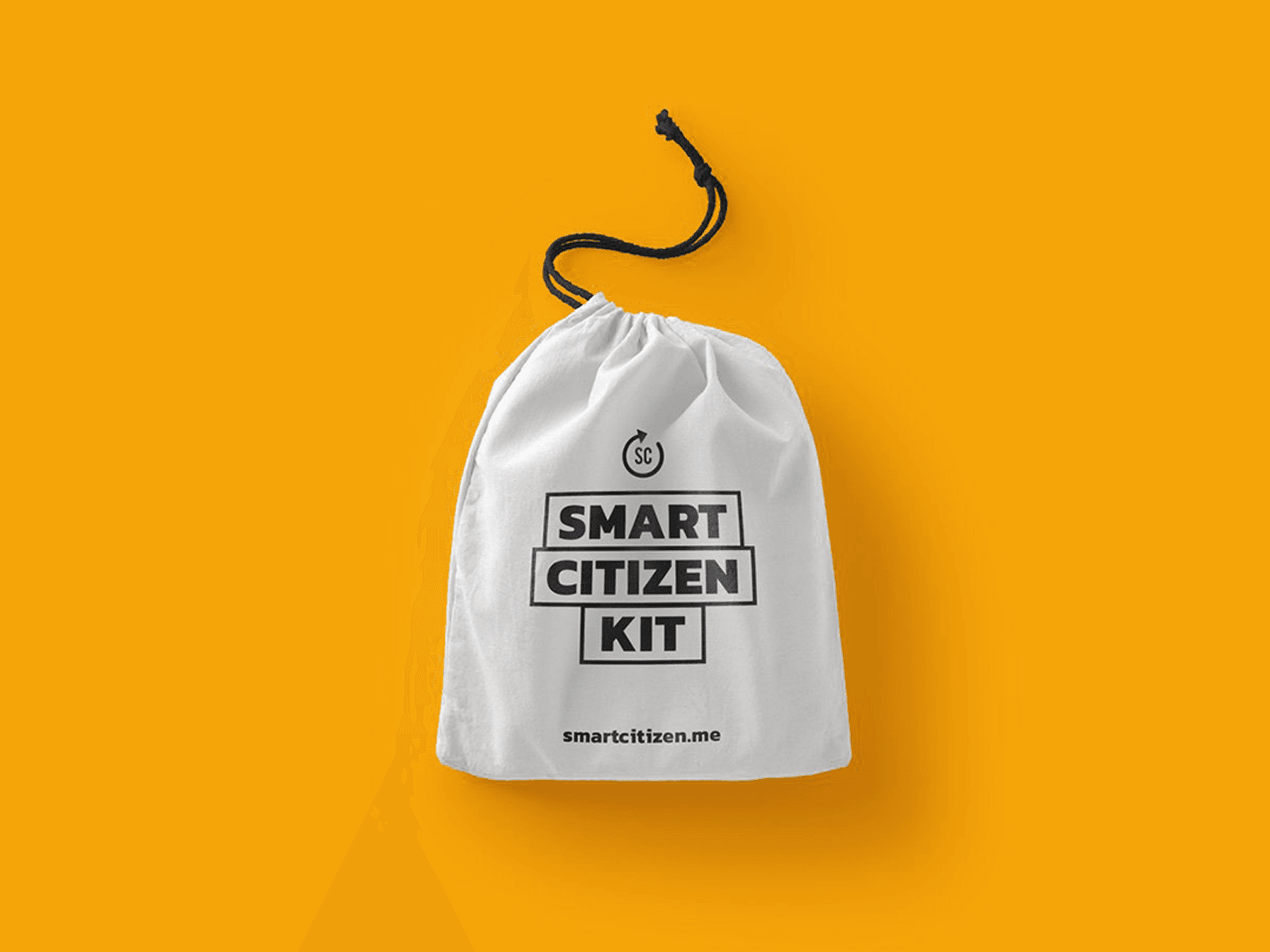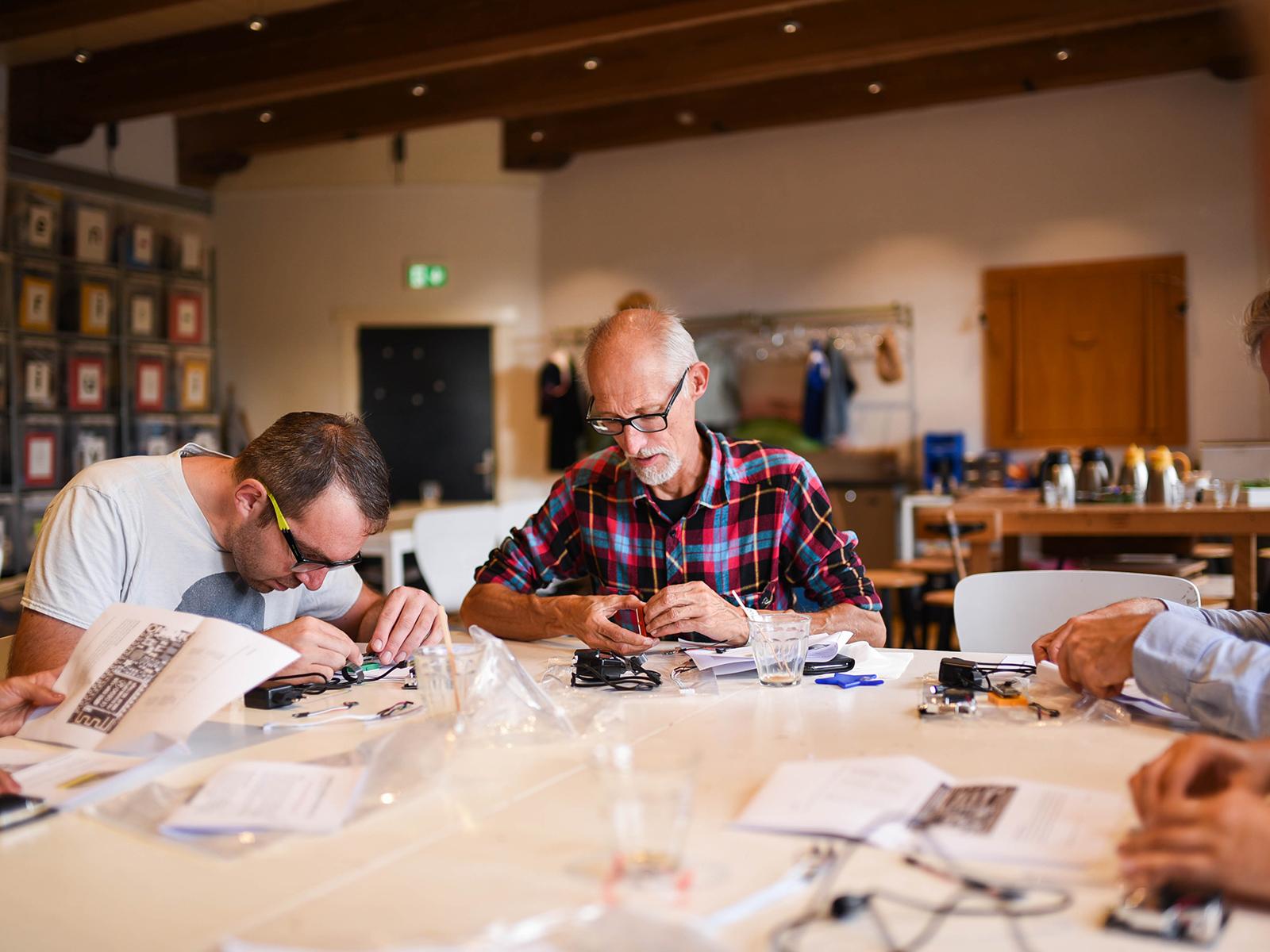This first edition of the Smart Citizen Talks, we’ll explore participatory sensing. How do we collectively measure and make sense of our environment? How do we - along with citizens, scientists, and designers - stay in tune with the ever emerging smart city? How do wé make sense of a (smart) city that likes to make sense of ús instead?
A rapidly growing number of Smart Citizens take the future of the cities in which they live, work and play into their own hands. This takes knowledge, stamina, and access to networks of likeminded people. A large number of labs – like Fab Labs, Wet Labs, Maker Spaces and Code Clubs – are the places where this is happening at an increasingly massive scale. Their protagonists are artists, scientists and hackers, together cracking the code of hardware, software and wetware, coming up with new ideas and developing meaningful applications. In doing so, they gain a deeper understanding of the issues and forces that shape our world, and become (once again) the makers of change that our societies dearly need.
During the Smart Citizen Talks we’ll explore a wide range of bottom up and grassroots initiatives, initiated by people that care about their environment: The human approach to improving the cities living conditions. Small actions that can create big impact.
Speakers
Christian Nold
Christian Nold, who has been working on a PhD at the Extreme Citizen Science group at UCL, where he has carried out a design ethnography of participatory sensing. Christian Nolde is well known as artist, designer and educator, working to develop new participatory models for communal representation.
Mel Woods
Mel Woods; practice led researcher at DJCAD Research Centre, Dundee Contemporary Arts, developed interfaces and explored interaction between people to foster creativity and affect. Throughout her academic career she has published nationally and internationally, created digital artefacts and exhibits.
Mara Balestrini
Mara Balestrini, Human Computer Interaction (HCI) expert and technology strategist. Track record of successful independent technology interventions for community engagement as well as co-leading an innovation strategy firm. Computer Science PhD candidate University College London.
Tomas Diez
Tomas Diez, is a Venezuela born Urbanist specialized in digital fabrication and its implications on the future cities models. He currently leads the project Fab Lab at the Institute for Advanced Architecture of Catalonia (IAAC) and coordinates Fab Academy program offered by the worldwide network of Fab Labs.
Alexandre Pólvora
Alexandre Pólvora is a connector of people, things and information. Policy Analyst at the JRC / Joint Research Centre, European Commission, in Brussels.
Mel Woods, Mara Balestrini, Tomas Diez and Alexandre Pólvora collaborate in the project Making Sense, a research project with focus on the question how open source software, open source hardware, digital maker practices and open design can be used by local communities to make sense of their environments. It will develop a Making Sense Toolkit based on the Smart Citizen platform for bottom up citizen science, developed at Fablab Barcelona. The toolkit will be developed and tested in nine pilots in Amsterdam, Barcelona and Pristina.
This project has received funding from the European Union’s Horizon 2020 research and innovation programme "CAPS - Collective Aware Platforms for Sustainability and Social Innovation" under grant agreement no. 688620.

